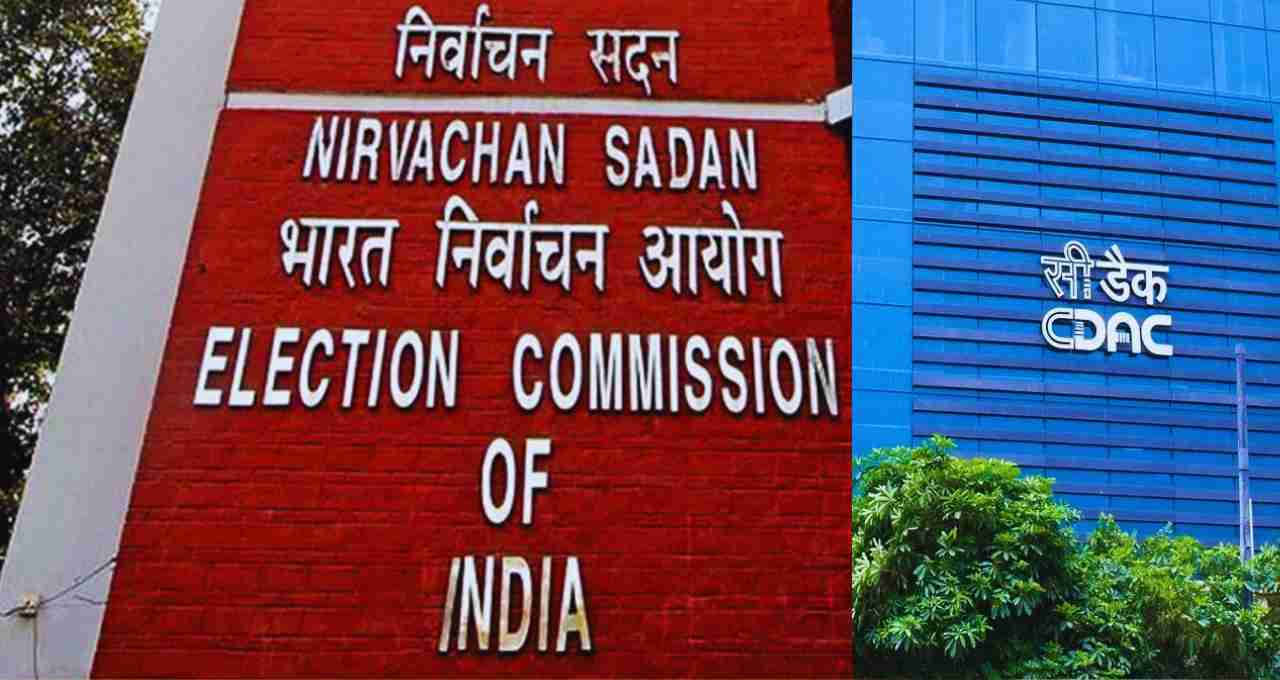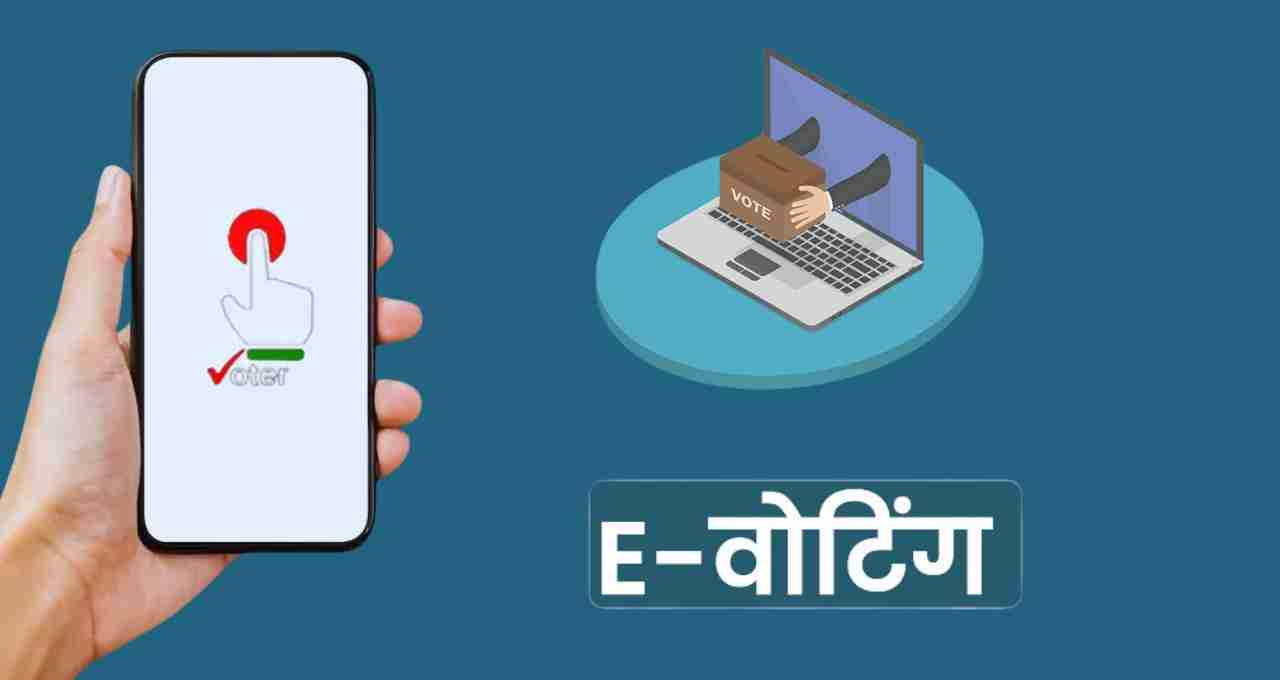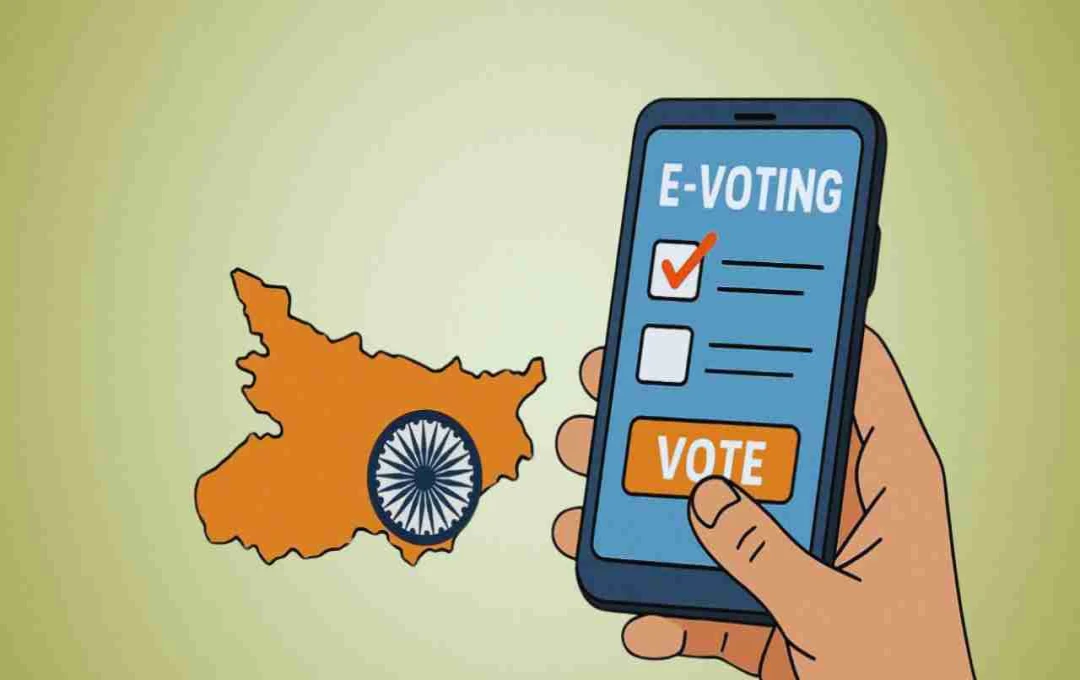Bihar has pioneered mobile e-voting in India, enabling senior citizens, people with disabilities, and migrants to cast their votes safely from home.
Mobile E-Voting: Bihar has ushered in a new technological revolution, adding a new chapter to the Indian electoral system. Voters can now cast their votes securely and reliably using their mobile phones. This facility is specifically designed for those who cannot reach polling stations due to physical, geographical, or health reasons.
This historic initiative is being launched with the municipal and urban local body elections in Bihar on June 28th. It is considered a significant step towards nationwide implementation.
Bihar's Initiative: First-Time Mobile E-Voting Facility
Bihar is set to become the first state in India to officially implement mobile e-voting. Under this system, voters who cannot reach polling stations for any reason—such as migrant workers, citizens with disabilities, pregnant women, senior citizens, and those suffering from serious illnesses—can now vote via their mobile phones.
State Election Commissioner Deepak Prasad stated that over 10,000 people have registered for this service so far, and it is estimated that around 50,000 people will benefit from it.
System Developed in Partnership with C-DAC and the Election Commission

The Centre for Development of Advanced Computing (C-DAC), a government of India institution, and the Bihar State Election Commission played a significant role in developing this system. This technology incorporates advanced security features such as blockchain, facial recognition, and live face scanning, ensuring the voting process remains transparent and tamper-proof.
How will the Mobile E-voting System Work?
Two separate Android apps have been developed for mobile e-voting. One app, 'e-Voting SECBHR', was created by C-DAC, and the other was developed by the Bihar Election Commission.
Users must first register on the mobile app, which requires uploading their Aadhaar number, a live face scan, and some necessary documents. This scanning, through the facial recognition system, will ensure that the voter is who they claim to be.
After casting their vote, the voter will also receive a digital receipt, similar to a VVPAT, confirming that their vote has been cast securely and correctly.
High Level of Security and Monitoring

Several technologies have been incorporated into this system to maintain the transparency and security of the electoral process:
- Blockchain: To keep vote data secure and tamper-proof.
- Facial Recognition System (FRS): To ensure voter identification.
- Optical Character Recognition (OCR): To make vote counting faster and more accurate.
- Digital Lock: To secure data and voting apps.
Together, these technologies ensure that the voting process is not only secure but also technologically robust.
A Step Towards Inclusive Democracy
According to the State Election Commissioner, this initiative is not just a technological advancement but an attempt to bring democracy within the reach of every citizen. It will empower millions who were previously excluded from voting, enabling them to cast their vote from home.
It is noteworthy that only Estonia, globally, has implemented mobile e-voting at the national level. India's initiation starts in Bihar, which can become an inspirational model for other states in the future.










